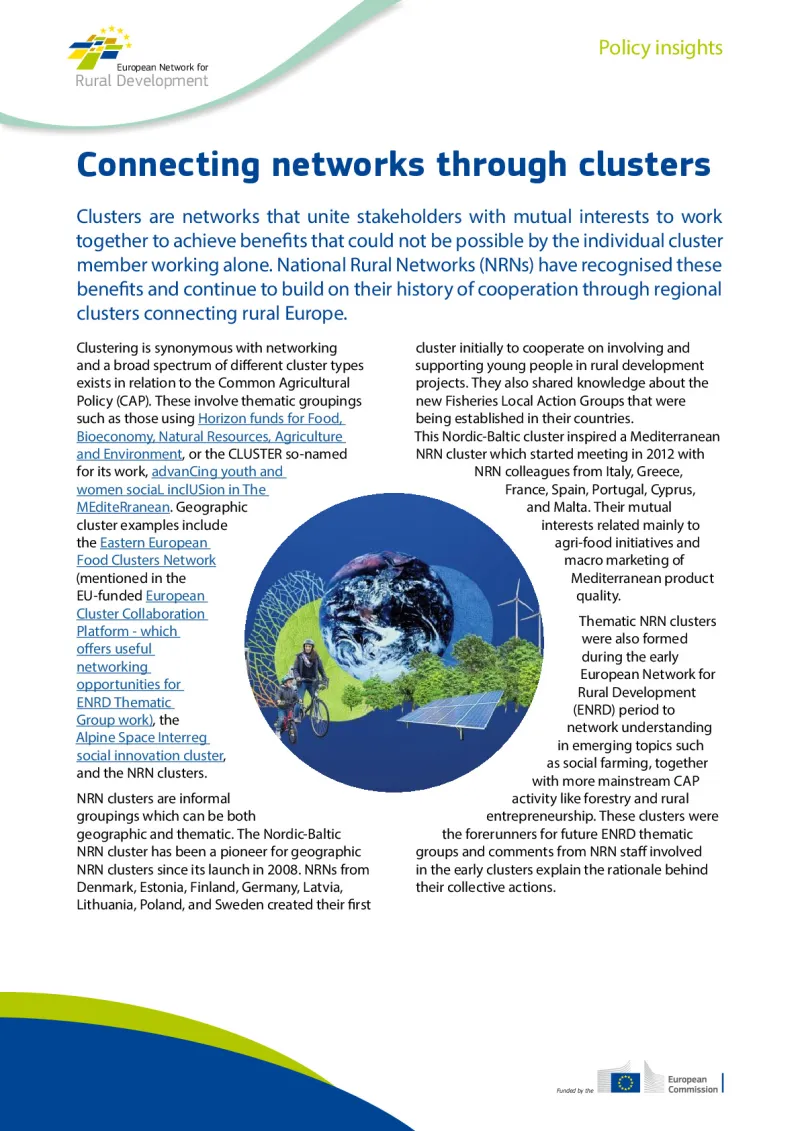Networking insights: geographical cluster meetings
Get a glimpse of the main topics discussed at the latest National Networks (NNs) geographical cluster meetings, where NNs exchange, learn, and collaborate based on their geographical proximity.
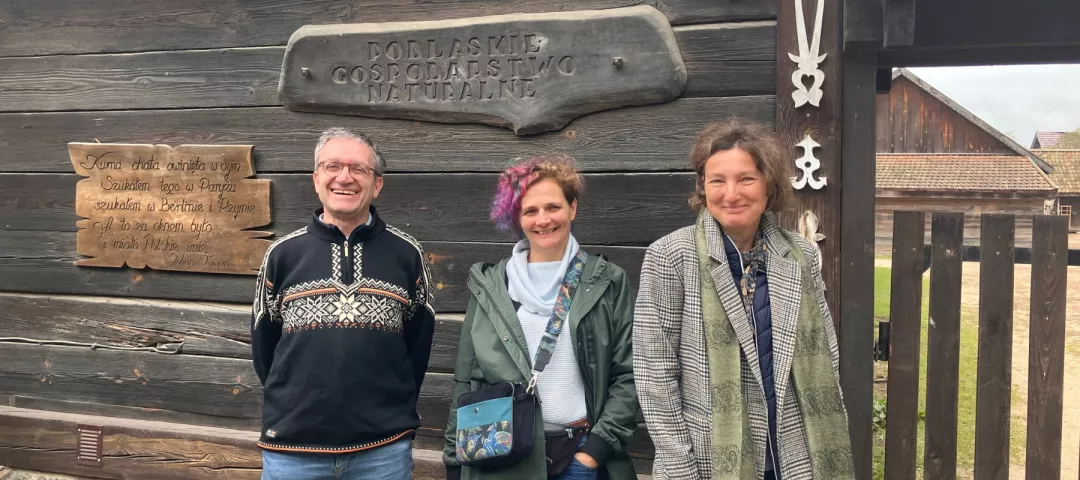
Geographical clusters are informal meetings during which the National Networks (NNs) come together to exchange, learn, and collaborate, based on their geographical proximity. Some countries contribute to more than one cluster. The cluster meetings go back a long way (you can read more about their history in this Policy Insights article), and they are a key stakeholder-led networking action. For the EU CAP Network’s CAP Implementation Contact Point, cluster meetings are a privileged moment to meet the NNs and gather feedback on current activities and ideas for future actions.
The four geographical NN clusters meet on a regular basis. This is a round-up of their latest meetings since July 2024, and highlights the key activities NNs are busy with.
Atlantic countries
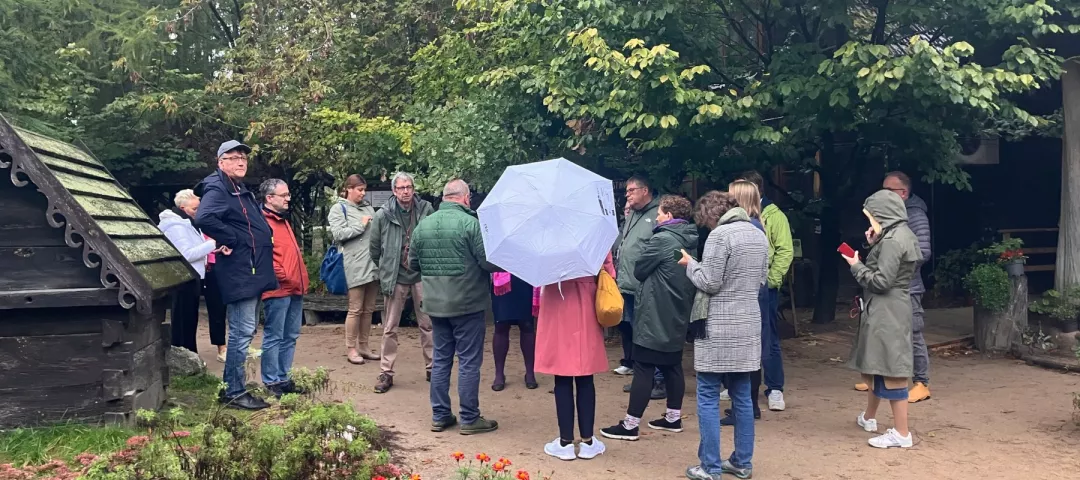
At the latest Atlantic Cluster meeting in October, the Flemish NN updated colleagues on two recent LEADER events where members of all the Local Action Groups (LAGs) could get to know each other. They are also planning cross-border visits with the Netherlands on the topic of protein crops.
The Dutch NN held their annual LEADER networking day, which was attended by over 50 people, just before the summer. They are working on communications for some eco-activities.
The two NNs active in Belgium are busy, too. The Wallon NN updated colleagues about its promotion of quality foods and its upcoming website development. The Flemish NN is organising a networking event on farmers' well-being and preparing for their annual LEADER day.
Upcoming activities by the German and Irish NNs focus on innovation, EIP calls, and mapping of AKIS stakeholders. The Irish NN is also working on an environmental awareness campaign to highlight farmers' contributions.
In Luxembourg, the NN is preparing to launch a new website with useful content for all LAGs. They will also support local development actors through training activities.
Central and Eastern European countries
At the cluster meeting in September 2024, NNs from this region focused on past and upcoming events as well as other networking activities. Croatia, Czechia, Romania, and Slovakia provided updates on their presence at large agricultural exhibitions. The Austrian NN organised two major annual conferences, one with a focus on water management (early October), and the second annual LEADER conference with a focus on resilience (early November). Their thematic work is focused on gender and also on the sustainability of multi-actor projects.
The Czech NN organised a large conference in mid-October called “Venkov” (Countryside), and is planning a conference on land improvements in November. The Croatian NN is planning a meeting on rural women. The Polish NN organised a meeting and a competition on women and innovation projects in September; it also launched a podcast on rural development topics.
In Romania, the NN was working on the selection criteria for the projects provided by EIP-AGRI Operational Groups. The Slovak NN ran a rural photo competition, and is exchanging with LAGs on the new policy updates.
Nordic-Baltic countries
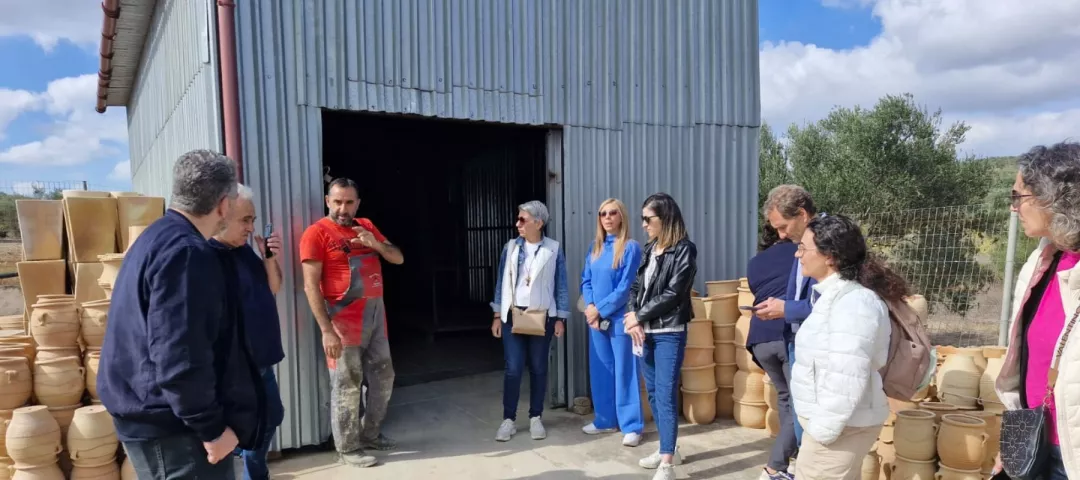
This cluster held three meetings (two online and one in-person) between August and October 2024. Poland shared information on a recent workshop on the added value of LEADER. The NN also created a map of Polish LAGs based on their LAG database, which is now available in English.
The Finnish NN gave updates on their Innovation Fair, which was also attended by the Estonian NN. The event was very successful, and communication materials were widely viewed after the event, with one video receiving more than 5 000 views.
NNs reported on their successful events and activities, including successful Open Farm Days and a LEADER seminar in Estonia; an annual gathering and discussions on LEADER effectiveness in Sweden; plans for seminars with agricultural institutions and a conference on LEADER in Latvia; and Finland's upcoming Rural Parliament, workshops on the CAP’s future, and concerns over budget cuts. Finland also emphasised the importance of integrating rural issues beyond agriculture in future CAP policies.
Mediterranean countries
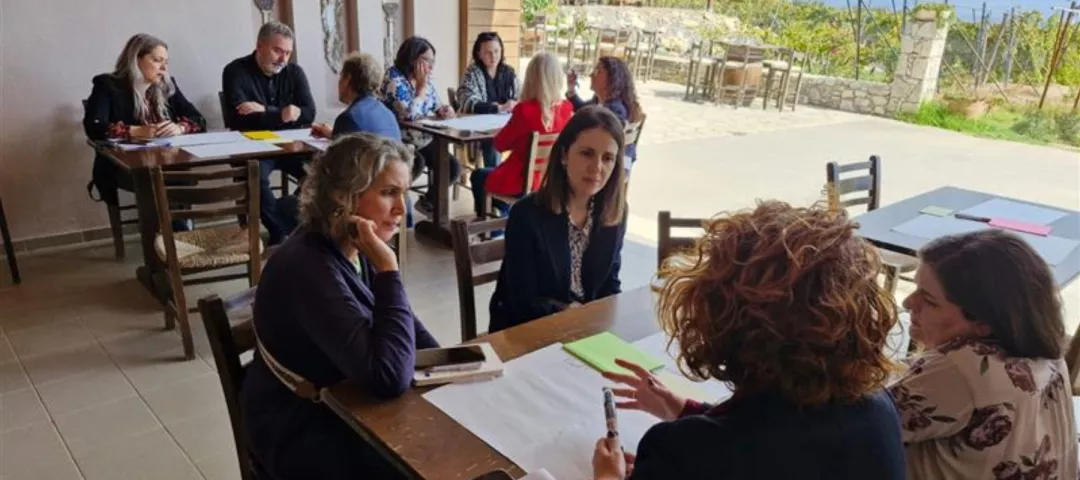
NNs from the Mediterranean countries got together in July, September, and October 2024, with the latest one held in person. Submissions for ARIA2024 kept everybody busy during the summertime; in the second part of the year, the Croatian NN will be working on LEADER, the CAP's green architecture, and women in rural areas as their main topics.
The Cypriot NN will soon open a call for members to support their activities. The Italian NN is working on simplification of the rules for the implementation of eco-schemes. The Spanish NN is working on different topics, including LEADER, digitalisation, entrepreneurship, women and rural revitalisation.
The Portuguese NN will visit Estonian colleagues to exchange on good practices on communication techniques and climate change.
In an in-person October meeting, hosted by the Greek NN in Crete, NNs had the opportunity to network and discuss existing and future projects such as study visits between NNs and transnational cooperation projects.
More about networking
The geographical cluster meetings are useful intermediary steps between the formal National Networks meetings, taking place twice a year (the latest was hosted in September by Lithuania). They are a very concrete and action-oriented example of EU-level networking, and the NNs show a great deal of enthusiasm and dedication in organising and running these activities.
The recipe of the cluster meetings is so successful that NNs also cluster around common topics of interest related to the CAP. Updates about the work of the thematic clusters will follow soon – stay tuned and make sure you are subscribed to the EU CAP Network’s newsletter to receive monthly updates!
